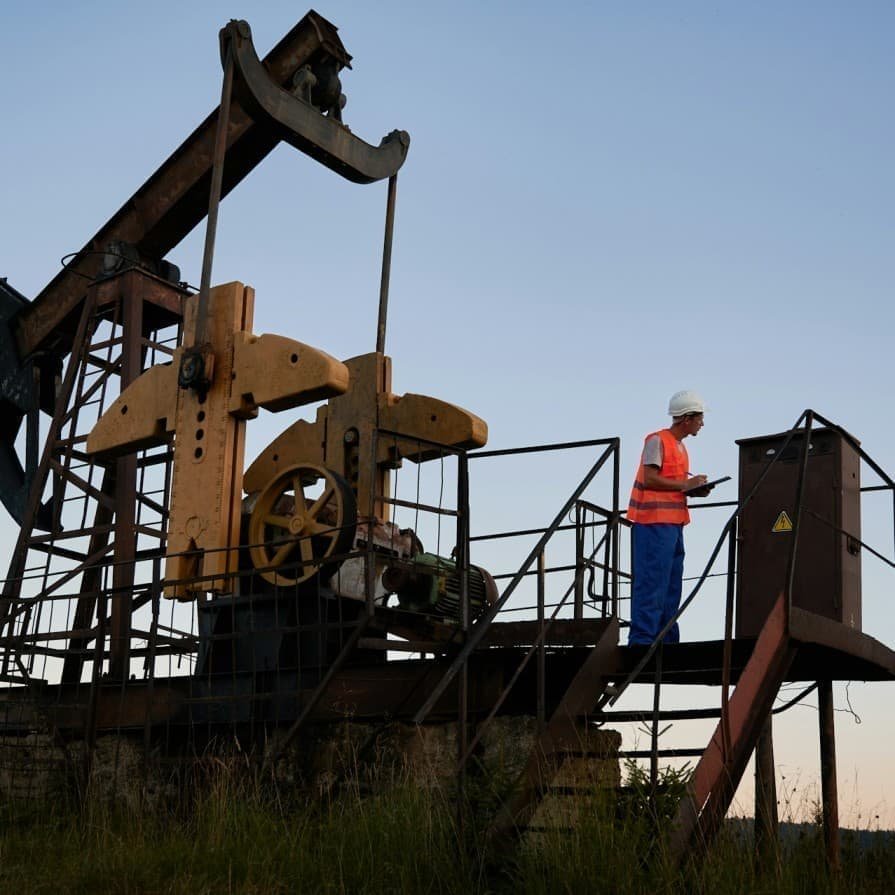By Felicity Bradstock – Aug 02, 2025, 3:00 PM CDT
- President Trump signed an executive order to expand U.S. seabed mining efforts for critical minerals, sparking widespread global criticism.
- The International Seabed Authority and its member states condemned the move as a breach of international law and a threat to marine ecosystems.
- Mining firm TMC faces scrutiny from international partners, while the ISA warned that rogue actions could result in revoked exploration rights.

United States President Donald Trump aims to develop the country’s seabed mining industry to access a supply of critical minerals, which are vitally needed across several industries, to reduce reliance on China. However, as seabed mining is an international issue, with strong regulations and norms on operations, Trump’s plan has attracted widespread criticism from international organisations and environmentalists worldwide.
The International Seabed Authority (ISA) is an autonomous organisation that was established in 1982 under the United Nations Convention on the Law of the Sea (UNCLOS) and the 1994 Agreement relating to the Implementation of Part XI of the United Nations Convention on the Law of the Sea to protect the world’s marine environment from harmful effects that may arise from deep-seabed-related activities. By 2024, the ISA had 170 members, including 169 member states and the European Union – although not the United States – which had signed the Law of the Sea treaty.
In recent years, pressure has been mounting on the ISA to introduce regulations for the commercial extraction of minerals, with several global powers calling for a moratorium. Many expect the ISA to deliver such regulations this year, as several countries have begun to discuss plans for seabed mining for critical minerals due to the high global demand for these metals and minerals.
In 2024, Norway introduced a plan to assess the potential for deep-sea mining for minerals before the move was eventually blocked after the country’s Socialist Left Party said it would not support the government’s budget unless it scrapped the first licensing round, set for 2025, over environmental concerns. Meanwhile, several Pacific Islands, which rely heavily on the health of the ocean, continue to fight against deep-sea mining operations in a bid to ensure their survival.
However, this has not stopped President Trump from encouraging plans for seabed mining in U.S. waters. In April, Trump signed an executive order to “Unleash America’s Offshore Critical Minerals and Resources”. In the order, Trump states, “Our Nation must take immediate action to accelerate the responsible development of seabed mineral resources, quantify the Nation’s endowment of seabed minerals, reinvigorate American leadership in associated extraction and processing technologies, and ensure secure supply chains for our defence, infrastructure, and energy sectors.”
Days after Trump’s announcement, The Metals Company (TMC) USA submitted an application to the National Oceanic and Atmospheric Administration (NOAA) for two exploration licenses and one commercial recovery permit, in the Clarion Clipperton Zone, under the Deep Seabed Hard Mineral Resources Act (DSHMRA). However, the Clarion–Clipperton zone, an environmental management area of the Pacific Ocean, is managed by the ISA.
In response to Trump’s plans, Leticia Reis de Carvalho, Secretary-General of ISA, stated, the executive order regarding deep-seabed mineral resources “raises specific concerns because while the Order primarily addresses domestic political and policy matters, its reference to applicability in areas beyond national jurisdiction becomes a matter of the rule of law within the global ocean governance framework known as UNCLOS.” Reis de Carvalho added that the UNCLOS makes clear that “no state may claim, acquire, or exercise sovereignty or sovereign rights over any part of the area or its mineral resources.”
Since the signing of the order, several international organisations and environmental groups have pushed back against Trump’s mining plans. In addition, some of TMC’s international partners are questioning their relationship with the firm due to concerns over the legality of the company’s mining plans. Many believe that mining in areas outside a country’s territorial waters is not just a breach of international law, but also an affront to “the common heritage of mankind”, unless the international community can come to a common consensus on how to manage seabed mining.
This week, ISA delegates gathered in its headquarters in Kingston, Jamaica, to address Trump’s mining ambitions. The council, which consists of 36 elected member states, passed a resolution that urges the group’s legal and technical committee to investigate “noncompliance” by its signatories.
Matthew Gianni, a co-founder of the Deep-Sea Conservation Coalition, who attended the ISA talks, said, “TMC has been testing the limits of what it can get away with, a bit like a child seeing how far it can go with bad behaviour.” Gianni added, “The member countries of the ISA have basically sent a shot across the bow, a warning to TMC that going rogue may well result in the loss of its ISA exploration claims… It also sends a signal to other companies that if they go the same route as TMC has, they may also face the same consequences.”
It remains uncertain whether President Trump will go ahead with plans for seabed mining, or if his administration will approve TMC’s mining license; however, the international community has made its stance clear. The ISA and its member states strongly oppose U.S. plans to commence deep-sea mining operations before international regulations are established, as it considers the move could cause irreparable damage to the marine environment.
By Felicity Bradstock for Oilprice.com
More Top Reads From Oilprice.com
- Trump Unveils New Tariffs Ahead of Trade Deal Deadline
- Trump Says ‘We’ll Just Step It Up’—But Can U.S. Oil Deliver?
- Oil Prices Hold Gains Amid Tariff Threats and Trade Turmoil
Back to homepage

Felicity Bradstock
Felicity Bradstock is a freelance writer specialising in Energy and Finance. She has a Master’s in International Development from the University of Birmingham, UK.
More Info
Related posts
Leave a comment




